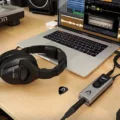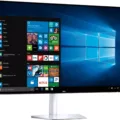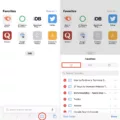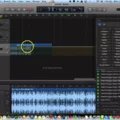The Korg Minilogue is an analog synthesizer that packs a powerful punch for the price. With its four-voice polyphony, two voltage-controlled oscillators, and flexible sound shaping options, it’s the perfect entry point for those looking to explore the world of analog synthesis. Plus, with its built-in step sequencer and tape-style delay, you can create intricate musical patterns and sonic textures all in one unit.
But did you know that you can also use the Korg Minilogue as a MIDI controller? With just a few simple steps, you can use the Minilogue to control a range of software instruments or hardware synths. Here’s how:
1. Connect your Minilogue to your computer via USB.
2. Set up your DAW (digital audio workstation) to receive MIDI input from your Minilogue.
3. On your Minilogue, go to Global Settings > MIDI > Local Control Off so that all incoming MIDI data is sent directly out of the unit rather than being processed internally by the synth.
4. Select an instrument in your DAW that you want to control with the Minilogue (such as a virtual synth).
5. Set up your DAW’s MIDI track output to match that of the instrument you are controlling (for example, if it’s an Ableton synth track set up as ‘input type: korg monologue).
6. Now start playing! You should be able to control and play any parameter on your chosen instrument with the knobs, buttons, and keys on your Minilogue – just like a regular MIDI controller!
Using the Korg Minilogue as a MIDI controller is a great way to get more out of this amazing little synth and add more depth and expressiveness to your music-making process!
Using Korg Monologue as a MIDI Controller
Yes, you can use the Korg monologue as a MIDI controller. It has both 5-pin In/Out and USB MIDI connections, so it can easily be connected to your computer or other devices. It also has Audio Sync connectivity, which allows it to play in time and integrate with other KORG volcas, electribes, Minilogue, and SQ-1 devices. This makes it an ideal MIDI controller for your DAW or any other analog voice setup.
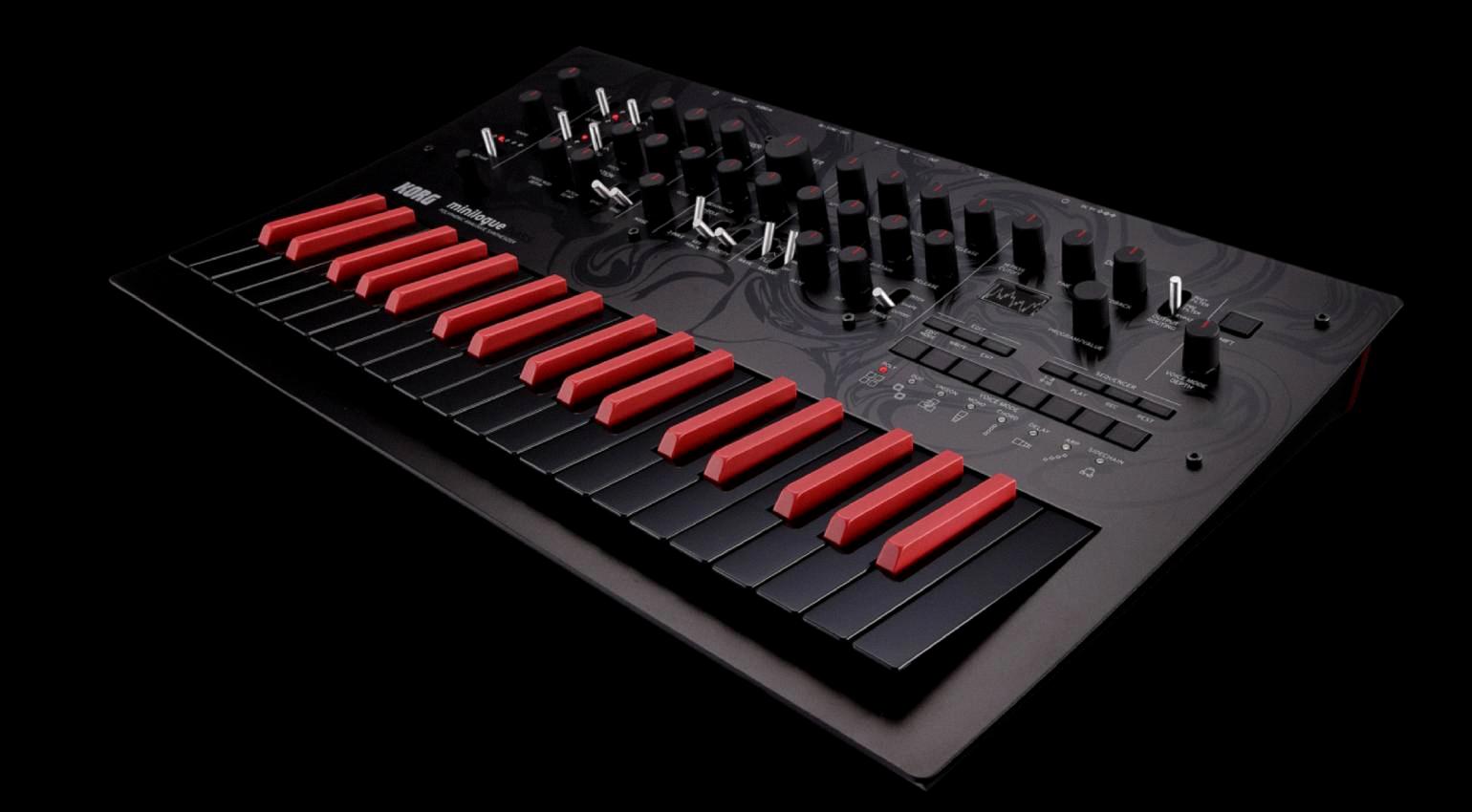
Source: gearnews.com
Do I Need an External Speaker for the Korg Minilogue?
Yes, you will need an external amplifier and speaker to get the most out of your Korg Minilogue. The monologue is a powerful synthesizer that is capable of producing a variety of sounds, from warm analog tones to digital effects. However, in order to maximize its potential, you will need to connect it to an external amp and speaker. This will allow you to properly hear all the subtle nuances and variations of the sound your monologue can produce.
Does the Minilogue Have a Sequencer?
Yes, the Minilogue does have a sequencer. It is a polyphonic step and motion sequencer, which allows you to program up to four notes at once and create dynamic patterns with motion recording. The sequencer also provides real-time control over multiple parameters such as pitch, velocity, gate length, and more. Additionally, you can save up to 200 sequences for easy recall.
Does Minilogue Have MIDI Thru Capability?
No, Minilogue does not have MIDI Thru. It is a powerful step sequencer, but it does not have the ability to send out a duplicate of the incoming MIDI data on an additional output. This means that you would need to use a separate MIDI splitter or merger device to send the same signal to multiple devices.
The Benefits of the Korg Minilogue
The Korg Minilogue is an excellent choice for musicians looking for a powerful, feature-packed synthesizer. It offers 8 different voice modes with the Voice Mode Depth dial, allowing you to create unique sounds and musical ideas. Its polyphonic capabilities allow you to create 4-voice chords with inversions of the chord, giving you a great way to spice up chord progressions. Additionally, its dual VCOs (voltage-controlled oscillators) provide a wide range of tones and textures, while the 6 analog filters offer plenty of tonal shaping possibilities. The built-in step sequencer and arpeggiator give you the ability to quickly program complex patterns and sequences. All in all, the Korg Minilogue is an incredibly versatile instrument capable of producing an endless array of sounds and textures.
Is the Korg Minilogue a Good Choice for Beginner Musicians?
Yes, the Korg Minilogue is a great option for beginners. It’s an incredibly powerful and versatile synthesizer that offers a wide range of features for both experienced and novice users. The Minilogue offers four voices of polyphony, two oscillators per voice, a 16-step sequencer, an arpeggiator, an effects section, and more. Additionally, it provides a great blend of analog and digital sound capabilities with its analog modeling and digital multi-engine features. Its intuitive design makes it easy to use for those just starting out in synthesis as well as more experienced musicians.
The Benefits of Using the Korg Minilogue for Bass
The Korg Minilogue is an excellent choice for bass sounds. It offers two VCOs (Voltage Controlled Oscillators), a filter, two envelopes, a VCA (Voltage Controlled Amplifier), and an LFO (Low-Frequency Oscillator). This combination of parameters allows for the creation of a wide range of bass sounds – from deep and warm to aggressive and cutting. On top of that, it also has 8 play modes for more versatility and a 16-step sequencer to create memorable patterns. In conclusion, the Minilogue is an excellent choice for those looking to create rich and diverse bass sounds.
Conclusion
In conclusion, the Korg Minilogue is a powerful and versatile analog synthesizer that offers an array of features to help you create unique and inspiring sounds. It features a polyphonic step and motion sequencer, onboard tape-style delay, multiple sound shaping and filter options, an oscilloscope display, 5-pin In/Out and USB MIDI capability, Audio Sync connectivity with other KORG instruments, and the ability to be used as a USB MIDI controller or standalone voice. With so many options for sound design, the Korg Minilogue is an excellent choice for musicians of any skill level looking to explore the world of analog synthesis.

